UPDATE: Colorado Springs considers new fee system to better manage expanding public safety services
COLORADO SPRINGS, Colo. (KRDO) -- UPDATE: The City Council passed the new impact fees Tuesday by a vote of 8-1, with Councilwoman Yolanda Avila opposed.
The fees are affective January 2023.
PREVIOUS STORY (JUNE 17)
With the amount of growth and the number of annexation requests continuing to increase in Colorado Springs, officials have proposed a plan to better manage that growth while reducing the city's cost of expanding police and fire protection to new areas.
But the plan could mean that people will pay more for already-expensive new housing.
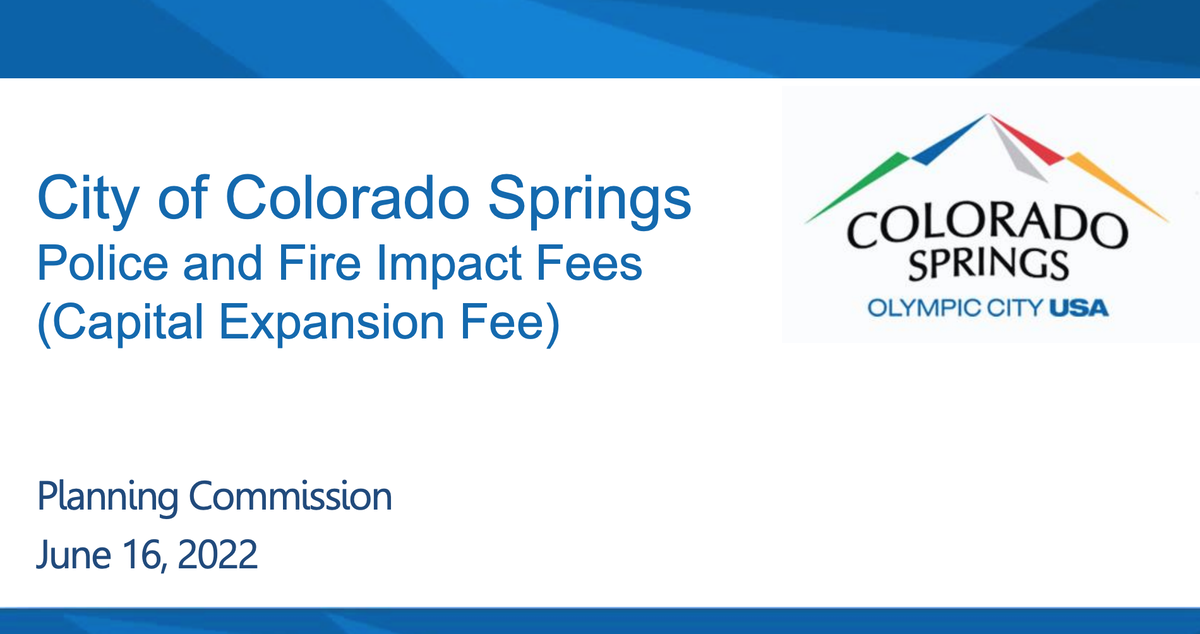
The city staff's idea is to replace the existing annexation fee -- assessed as part of annexation agreements and based on the gross acreage of the annexation -- with an impact fee that would apply to all development across the city.
The impact fee would be structured into tiers based on whether a development is residential, commercial, or industrial; the development's density or intensity of use; and the demand for public safety services.
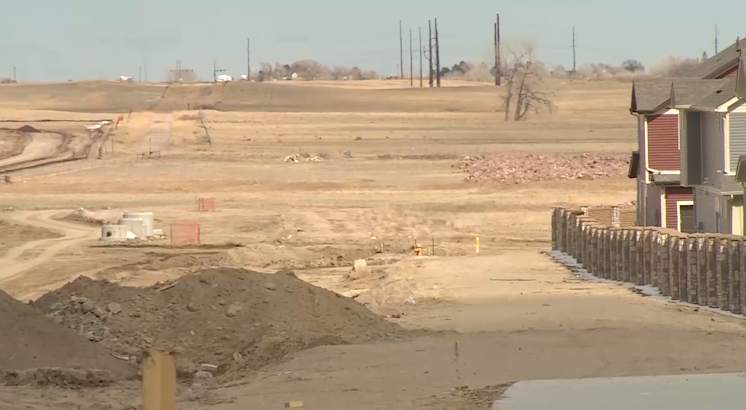
City staff says that the proposed fee could charge developers up to twice what they already pay, but that it would allow the city to recoup 70% of its costs for expanding public safety services -- most of which currently come from the general fund budget.
According to a presentation to the city planning commission Thursday by Charae McDaniel, the city's chief financial officer, the city's share of paying for expanded services is expected to reach 57% this year -- an increase of 6% since 2013.
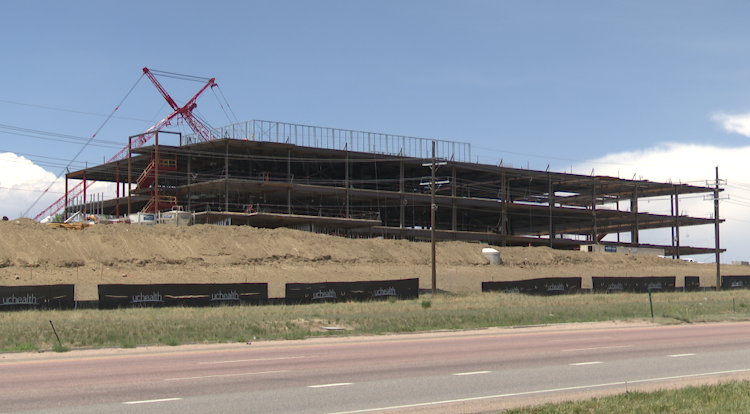
McDaniel said that much of the development growth, and a corresponding rise in calls for police or fire services, are concentrated in and around the Stetson Hills area on the city's northeast side.
The city's ten-year needs assessment, McDaniel said, calls for as many as seven new fire stations and equipment, three new police substations, and around 100,00 square feet of support facilities.
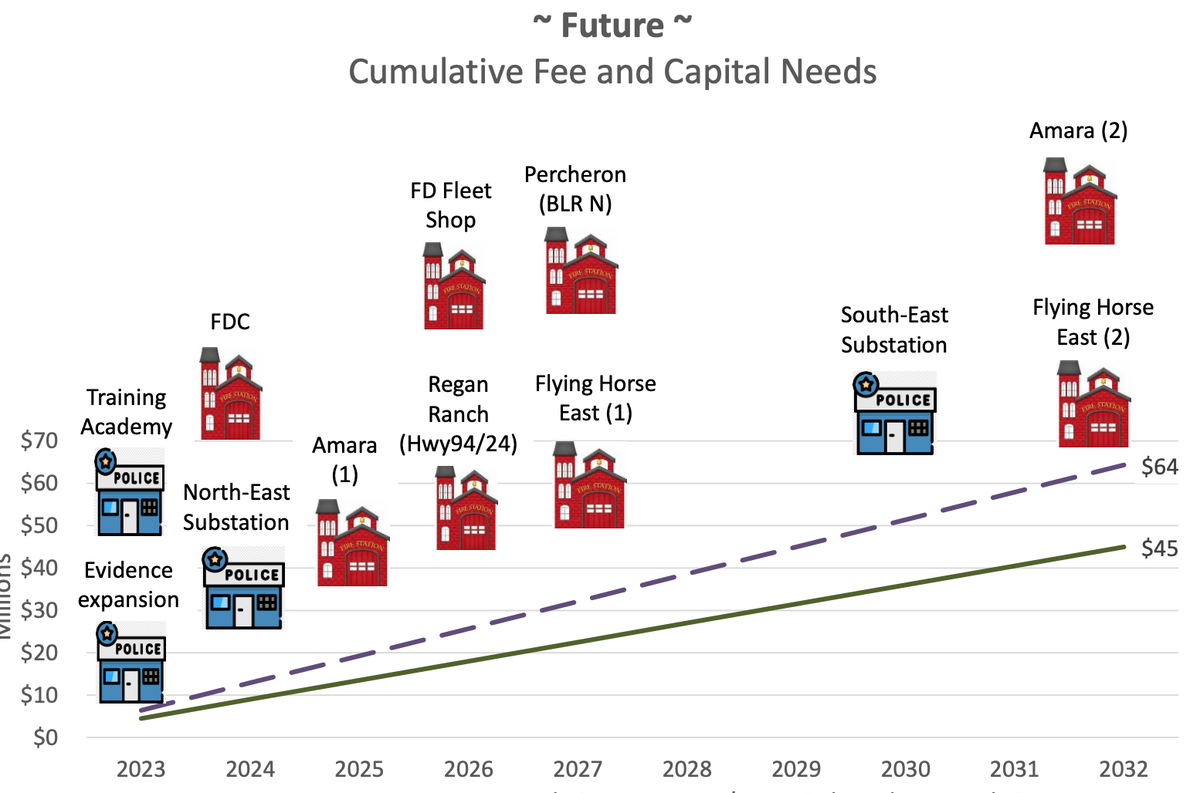
"Currently, over a ten-year period, the annexation fee collected about $2 million, and the proposed impact fee we're estimating, over a ten-year-period, will collect about $45 million dollars," she explained.
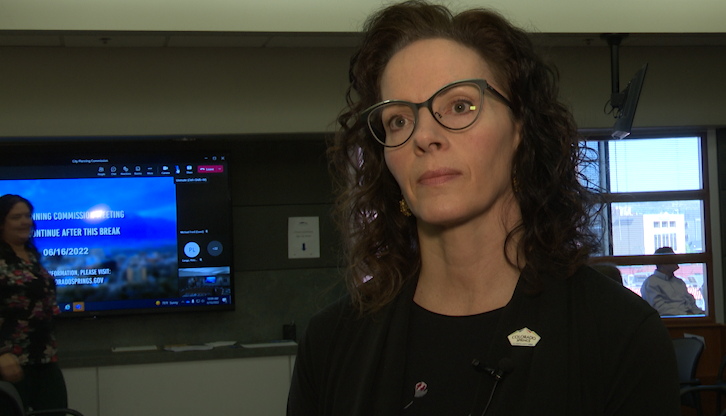
The impact fee would apply only to new development areas and not cover backlogged needs from existing development -- among them, three fire stations, a training facility and office space for the fire department, and an expansion of the police crime lab.
City staff says that the impact fee would equally spread out the cost of growth to developers, and prevent the need to charge user fees or raise taxes for residents who don't want to pay for it.
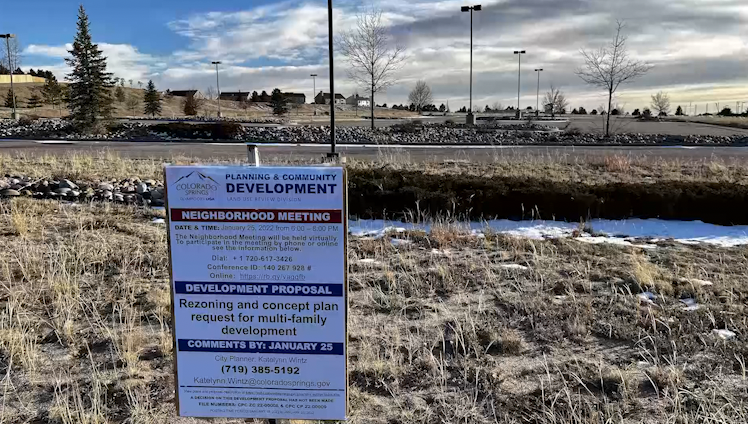
The impact fee plan also would establish a mayor's committee to oversee the use of revenue, consisting of five members -- a commercial development expert, a residential development expert, a land-use planning expert, and two at-large members.
The planning commission endorsed the plan Thursday, despite concern about developers passing along increased costs to homebuyers in a market where housing is already expensive and hard to acquire.
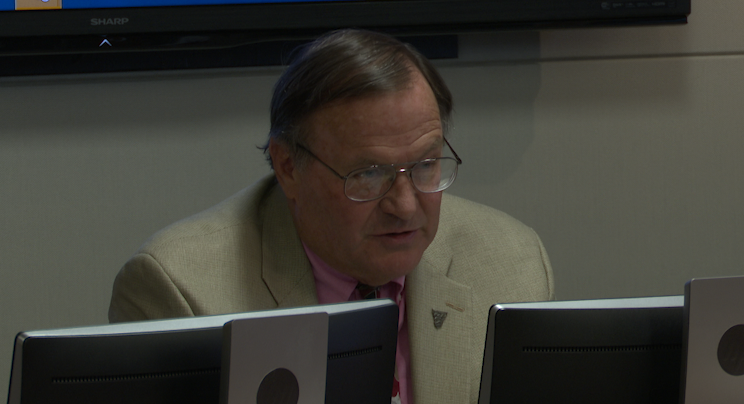
"I just hate to see us do things that add to the cost of housing, and then turn around and say -- boy, I wish housing didn't cost so much," said Commissioner Scott Hente. "But that's just a philosophical thing that I'll get through."
Andrea Barlow, a member of the Colorado Springs Housing and Building Association, said that the HBA had negotiated with the city about the new fee for several years.
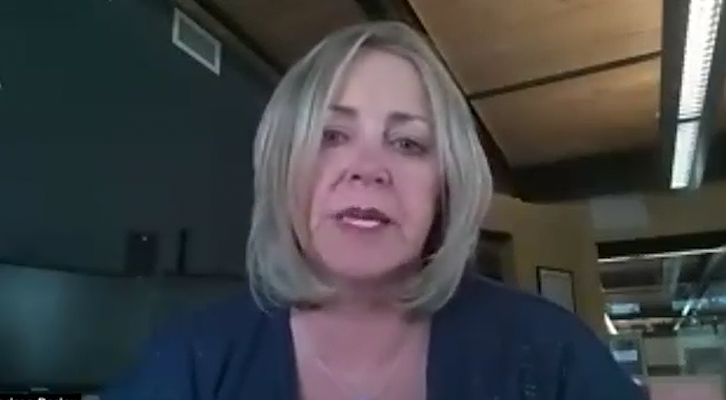
"At a time with inflation and building materials costing more and being in limited supply, it's not the best time for a fee increase," she said. "From an HBA perspective, having a safe community is critical to being an attractive place for people to live in. So it all goes hand-in-hand."
Some residents are unhappy to hear that the new fee will likely result in higher home prices.
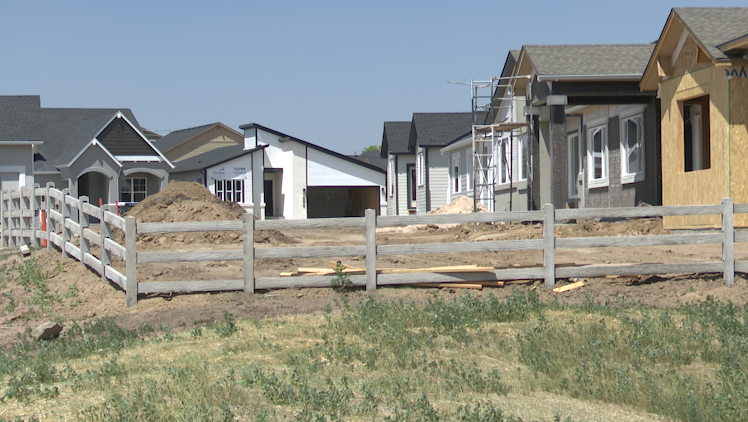
"To be told this today, and to be told that in the next 3 to 5 years, this is how we'll cover costs?" said Lisa Davis. "Even with utilities, it's never accurate -- especially with the inflation rate that we see. So I'm very cautionary about all of it."
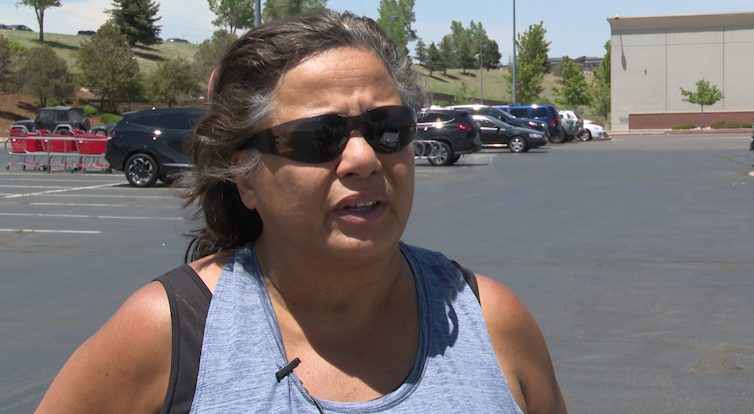
Donald Mahan suggested that people living in high-growth areas should pay a tax for more public safety services.
"That would be the smartest move that you could go with," he said. "Charge the people in the area who are living there, and (it's) not so much a burden for everybody."
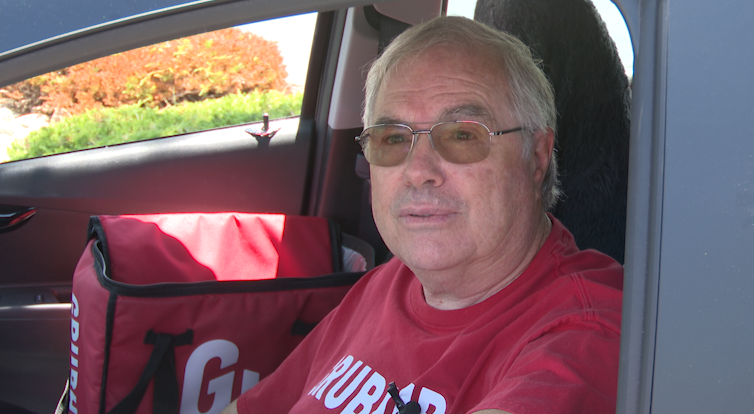
The City Council is expected to discuss the impact fee during a work session later this month.
